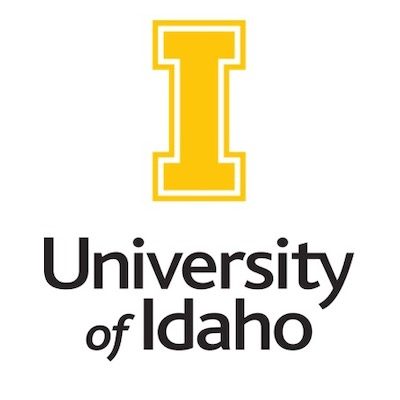
Researchers at the University of Idaho have found a correlation between agricultural chemicals and cancer in adults and children in Idaho, and throughout 11 Western states.
Alan Kolok and Naveen Joseph of the Idaho Water Resources Research Institute, as well as colleagues at the Northern Arizona University, analyzed federal and state health and agriculture data. Based on that info they report a relationship between cancer incidence and pesticide applications in Idaho’s 44 counties, as well as 459 counties in the Western United States from Montana south to New Mexico and west to the coast. Reports on the subject were published in march in the peer-reviewed GeoHealth. Kolok, Joseph and peers in Arizona found that agricultural pesticides – primarily fumigants – were associated with cancer among adults and children in the Western U.S.
The most predominant fumigant, metam, was also found to be associated with cancer among adults in Idaho and in the other states. Metam-sodium is an agricultural pesticide used primarily to control weeds, weed seeds, fungi, nematodes and soil insects. Kolok and Joseph found the incidence of cancer was more closely associated with fumigants used in Western states that produce food such as vegetables and fruit, as opposed to states that used mostly herbicides in the production of grains such as corn and wheat.
Researchers compared data on the top 125 pesticides and herbicides from the U.S. Geological Survey Pesticide National Synthesis Project database with data on cancer incidence among adults and children from the National Cancer Institute’s State Cancer Profiles and the Cancer Data Registry of Idaho.
To read the reports in their entirety, CLICK HERE and HERE. (University of Idaho)

